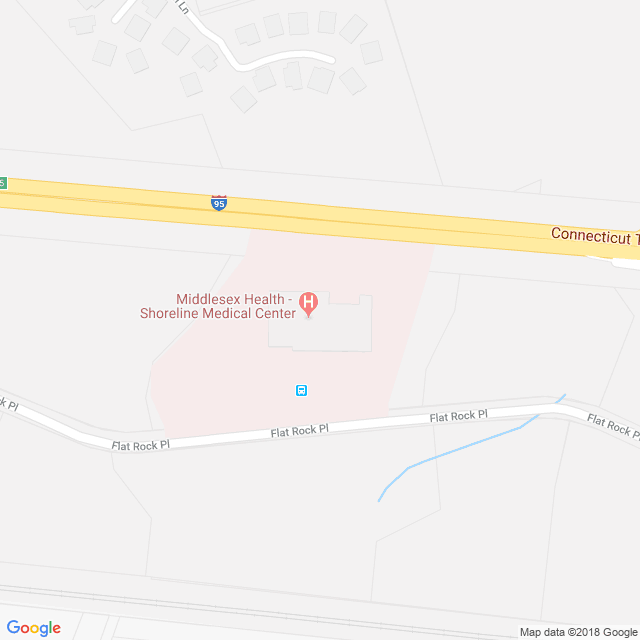
Colorectal Cancer

Or, if you're not sure what you're looking for, you can:
Browse Specialists
Browse Primary Care
Or, if you're not sure what you're looking for, you can:
Browse All Conditions & Care Services


Colon cancer is the third most common type of cancer in the U.S. However, it is also one of the most curable, and survival rates have been increasing steadily over the past few years. Awareness and early detection are key—colon cancer can often be caught in its early stages, when treatment can be most effective.
Our online Learning Center has up-to-date, evidence-based information about numerous topics related to colon cancer, including diagnostic tests, treatment options, management of treatment side effects, and more.
These resources are not a substitute for the guidance of your physician but can help you learn more about colon cancer and what to expect during treatment. All content is provided courtesy of the Mayo Clinic Health Library.
Most patients with early stage colon cancer do not have any symptoms, so it is very important to keep up with screening tests, as recommended by your doctor. Once colon cancer reaches a more advanced stage, it will cause a variety of symptoms, including:
Early detection of cancer can be key to successful treatment, so it is important to understand what increases your risk of colon cancer. Risk factors can include:
If you have concerns about any of these risk factors, please talk to you doctor.
There are several different ways to test for colon cancer. After reviewing your medical history and doing a basic medical exam, your doctor will most likely perform one of the following:
The evidence-based treatment plan your doctors choose is based on a number of factors: type of cancer, grade and stage of the cancer, your overall health, and your treatment preferences.
If your cancer has not spread beyond the colon or lymph nodes, surgery to remove the tumor is the most common treatment. Depending on your specific case, family history, and doctor’s recommendations, the following surgical options may be used:
Chemotherapy for colon cancer involves the use of medications to destroy cancer cells. It can be used before surgery, with the goal of shrinking a tumor before the operation. Most commonly, however, it is given after surgery if the cancer has spread to the lymph nodes. This can help reduce the risk of cancer recurrence.
The board-certified medical oncologists, nurses, and technicians at Connecticut Oncology Group provide the most effective, advanced care with warm, personal attention and support for patients and their families. Your medical oncology team will work closely with your other providers and help provide access to clinical trials.
Radiation oncology is the highly-controlled use of radiation to cure or treat symptoms of your cancer.
The rectum sits in a tight space in the body, narrowly separated from other organs and structures in the pelvic cavity. As a result, complete surgical removal of rectal cancer is challenging and complex. However, your expert team will collaborate to guide you through your rectal cancer journey.
Our online Learning Center has up-to-date, evidence-based information about numerous topics related to rectal cancer, including diagnostic tests, treatment options, management of treatment side effects, and more.
These resources are not a substitute for the guidance of your physician but can help you learn more about rectal cancer and what to expect during treatment. All content is provided courtesy of the Mayo Clinic Health Library.
There are a number of signs and symptoms of rectal cancer, including:
Early detection of cancer can be key to successful treatment, so it is important to understand what increases your risk of colon cancer. Risk factors can include:
If you have concerns about any of these risk factors, please talk to you doctor.
There are several different ways to test for rectal cancer. After reviewing your medical history and doing a basic medical exam, your doctor will most likely perform one of the following:
Rectal cancer often requires more than one type of treatment. Your team of physicians, nurses, and other experts will determine which combination is best for you.
Chemotherapy for rectal cancer involves the use of medications to destroy cancer cells. It can be used before surgery, with the goal of shrinking the tumor before the operation. Most commonly, however, it is given after surgery if the cancer has spread to the lymph nodes. This can help reduce the risk of cancer recurrence.
The board-certified medical oncologists, nurses, and technicians at Connecticut Oncology Group provide the most effective, advanced care with warm, personal attention and support for patients and their families. Your medical oncology team will work closely with your other providers and help provide access to clinical trials.
Radiation oncology is the highly-controlled use of radiation to cure or treat symptoms your cancer.
Learn more about radiation therapy options at Middlesex
Shana Proulx, BSN, RN is the Colorectal Cancer Nurse Navigator at the Middlesex Health Cancer Center.
Nurse Navigators are specialized Registered Nurses who guide patients through their cancer journey. They can provide education and support, and they help connect patients to other supportive services, such as social work or nutritional counseling.
In this presentation, the genetic counselors of the Middlesex Cancer Center discuss hereditary colorectal cancer and how genetic counseling can help.
2 Specialty Care Locations


Our specialized Nurse Navigators are your "one-stop" resource for all the information you need about your diagnosis and treatment plan.
